The military provides unique opportunities for individuals who have an interest in a career in the optical industry. Much like the civilian world, the army, navy, and air force all have great need for eye wear professionals who are skilled at selecting, fitting, and repairing glasses and contact lenses. While the military does outsource aspects of eye care to the civilian sector, there are opportunities for individuals who are active or reserve members of the primary branches of the military.
Military Optician Training Programs
The army, navy, and air force do not generally offer training programs specifically for opticians. Much like other areas of healthcare, the military may require you to complete a training program in the civilian world before being placed in an optical position within the military itself. If you are already a member of the military, there may be programs that will reimburse you for the fees that you will have to pay to complete a civilian program. If you have already completed an optician program and are currently not a member of the military, there are programs that will help pay back your student loans as an incentive to accept an optical position within the military. It is important to understand that each branch of the military operates independently and the exact details of civilian training and loan forgiveness programs may vary between branches.
Optician Training in the Army
The Army Reserve does currently offer positions as an Optical Laboratory Specialist (68H). These specialists are responsible for assembling and repairing eyeglasses for members of the Army. Some of the skills that an individual in this position is expected to possess include lens fabrication and repair, eyewear assembly, and equipment maintenance. The training process for this position includes 10 weeks of Basic Combat Training followed by 24 weeks of Advanced Individual Training.
Basic training was created to teach soldiers the 7 core values including loyalty, duty, respect, selfless service, honor, integrity and personal courage. This phase is meant to teach soldiers how to work as a team and be a successful soldier. Basic training is followed by advanced training that often includes both hands-on experience and instruction. During this phase of training, an optical lab specialist learns ophthalmic optics, anatomy, physiology, supply and management, eye wear fabrication, and dispensing.
Individuals wanting to pursue a position as an optical laboratory specialist in the Army must pass the Armed Services Vocational Aptitude Battery (ASVAB) Exam with a minimum score of 98. The test is designed to assess which Army job is appropriate for members of the military. Individuals entering the military should also be aware that the compensation package for soldiers generally includes noncash compensation in the form of health care, retirement pay, child care, free or subsidized food, housing, and education. The details for how an Army compensation package is determined can be found by clicking here.
Optician Training in the Navy
The Navy is generally responsible for the specialized training that Army Optical Laboratory Specialists and Navy Opticians receive. Advanced training is administered by the Tri-Service Optician School (TOPS) which is a division of the Naval Ophthalmic Support and Training Activity. Members of the Navy undergo the same type of 24 week Advanced Individual Training that is required of Army Optical Specialists. While there is no page specifically designated for opticians on the Navy website, they commonly work closely with Navy Optometrists.
Regardless of the branch of the military that an optician is part of, it is important to understand the types of scholarships and financial assistance programs that are available. The Navy is an active participant in the Navy Health Professions Scholarship Program (HPSP), the Navy Health Services Collegiate Program (HSCP), and the Navy Health Professions Loan Repayment Program (HPLRP). These programs can represent an important part of your success and can go a long way in helping you obtain the kind of specialized knowledge and skills that can be applied in both the military and civilian world.
Optician Training in the Air Force
The Air Force has not developed a page specifically for opticians on their website. Since the different branches of the military often collaborate and share resources, it is likely that opticians in the Air Force would also receive specialized training at the Tri-Service Optician School (TOPS). Those wo are interested in becoming an optician in the Air Force are encouraged to contact a recruiter or branch office about available opportunities. Scholarship and educational assistance programs can be reviewed by clicking here.
Summary
Each branch of the military offers a slightly unique opportunity for becoming an optician and you should carefully consider the pros and cons of each before deciding to join. A career in the military is a big decision that can have a dramatic impact on your life and can greatly influence the options that are available to you in the future. While investigating your options, make sure that you contact a military recruitment office as well as individuals who have experience working in each branch. Oftentimes, you will find that the most honest advice, about a military career, will come from those who have experience as military personnel. Ultimately, you will need to decide if a career in the military is a good fit for you based on the information and advice you receive from others.



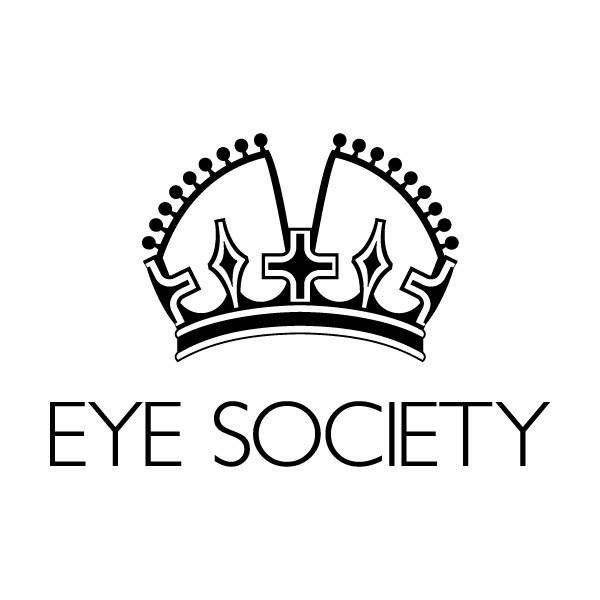


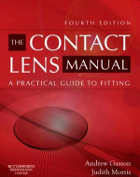
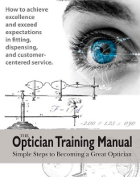

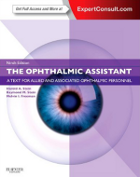
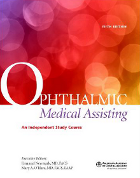
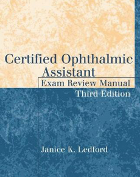
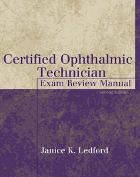
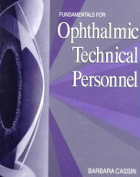

Good morning,
I have read a lot of optical options and positions, but I have not read any ophthalmology positions. I am currently a COA in the civilian world, and I’m interested in pursuing a career in the navy, any options for this career choice?
I’m an optician and ABO certified. I would like a bit more information because I’m interested in being in the service.
Nancy,
Opticians are an instrumental component for the provision of high quality vision care to our armed forces. Our best recommendation is to contact a local recruiter in your chosen branch to discuss the opportunities that currently exist for opticians.